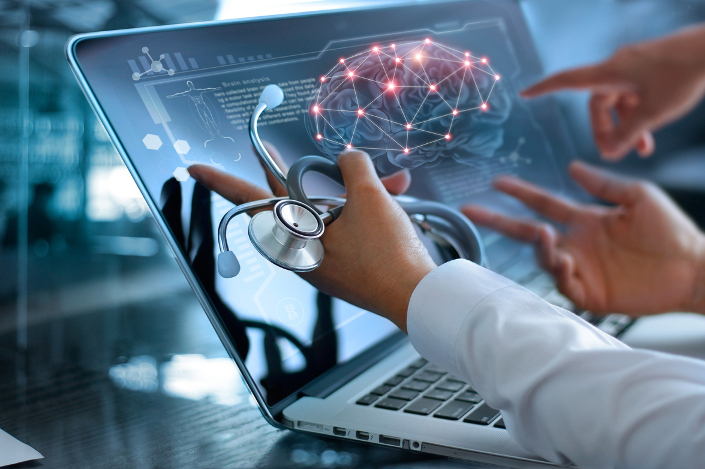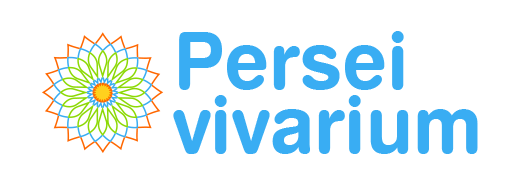What is precision medicine and how does technology help to implement it?
by Ángel Barrera, January 13, 2021

In recent years, the term “precision medicine” has become more prominent because of the numerous advances in healthcare and technology that are enabling a greater understanding of the predisposition to certain diseases and/or ways to prevent them. In addition, these advances have allowed for the development of therapies that are directed toward specific groups of patients with more specific disease profiles.
The European Commission defines precision (or personalized) medicine as a medical model that uses the detailed characterization of individuals (for example, through molecular profiles, medical images, data on lifestyle, etc.) to select the most appropriate therapy for each patient at the appropriate time, to determine their predisposition to a disease, and/or to prevent the disease in a timely way.
With regard to treatments, this model is very important, because each person can react differently to the same treatment, due to their genetics, physiology, and environment. Because of this, the ability to find the most appropriate treatment for each patient will have a direct impact on the improvement of their disease and/or quality of life.
As we can see in the article on precision medicine by the Centers for Disease Control and Prevention (CDC), the goal of this model is to protect the patient’s health, evaluating the factors that affect it and acting on them, adapting interventions with a specific approach. In this way, it can help in a multitude of diseases like diabetes, cardiopathies and, especially, in cancer, where based on each patient’s genetic profile there is a greater or lesser predisposition to certain diseases as well as a better response to given treatments.
This new reality is possible thanks to the clinical advances and technologies in the healthcare environment like, for example, reading and analysis of DNA, and the application of Big Data to biomedicine. These advances are allowing healthcare professionals to adopt this new model in a more widespread way.
Today we are starting to rely on high value information sources coming from both medical and genetic data, like those from daily clinical practice, research, or information provided directly by the patient, that would be available for subsequent extraction of appropriate results through artificial intelligence techniques (machine/deep learning) and high-speed processing. These are all key to making precision medicine a reality.
This process, although it is more complex, will enable a future healthcare process that is more efficient, provides access to more modern healthcare systems, and will allow people to have more control over their own healthcare data. In addition this process will spur the economic development of the healthcare sector, as can be seen in “How personalised medicine will transform healthcare by 2030: the ICPerMed vision”, published in the Journal of Translational Medicine.
As we are seeing, the future of medicine will be in data and data analysis. For this to be possible, it is important that quality data collections exist, already structured and validated, facilitating the subsequent processes of analysis and extraction of results. This will create the bridge to precision medicine and, thus, to a more efficient healthcare model.
Share

Ángel Barrera
Business Development
Persei vivarium

